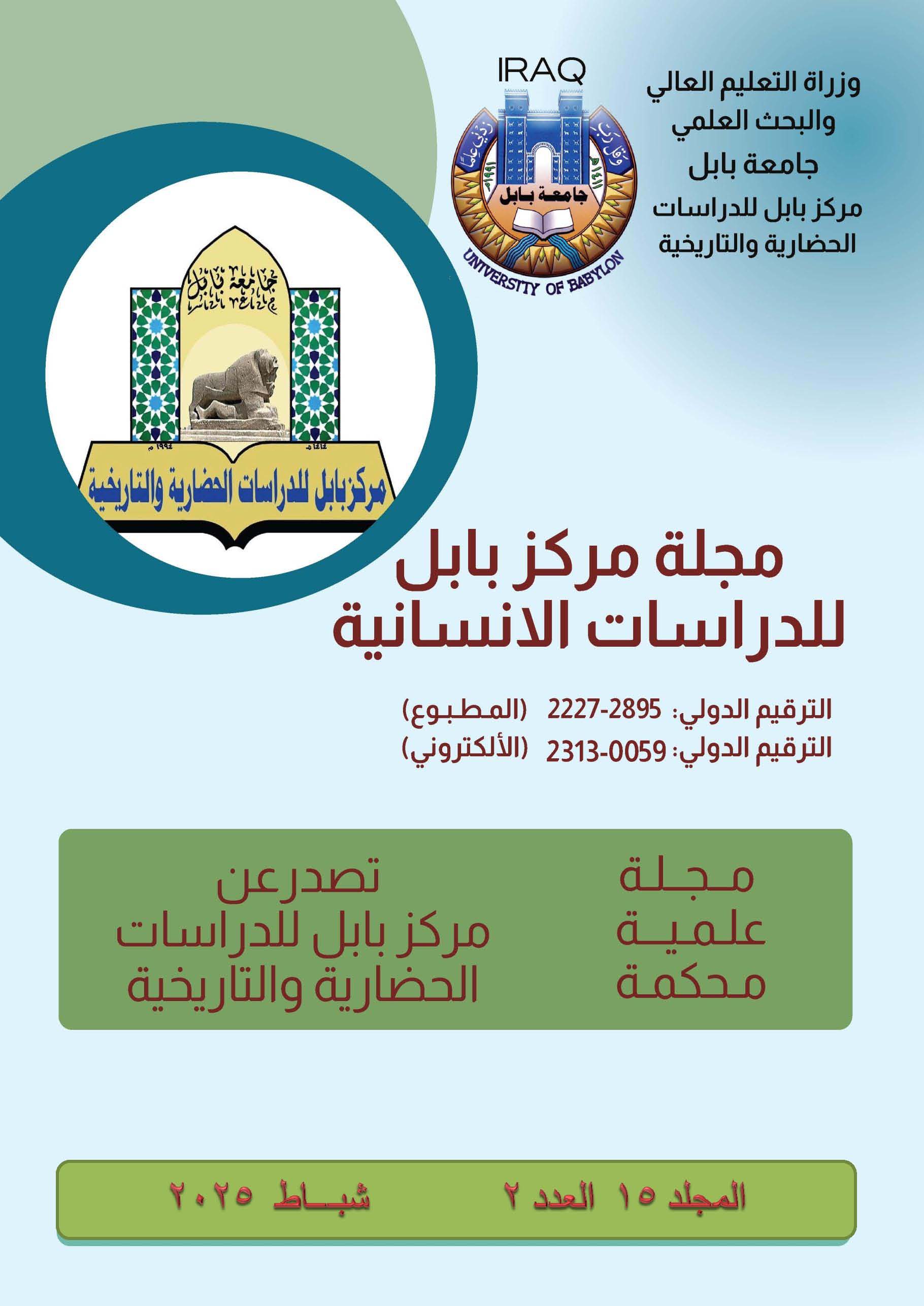Mathematical Sense and its Relationship to Self-Regulated Learning Among Middle School Students
Keywords:
Mathematical Sense, Self-Regulated LearningAbstract
The current research aims to identify the nature of the relationship between mathematical sense and self-regulated learning among fourth-grade scientific students in secondary schools affiliated with the Directorate of Education in Diyala. The study seeks to answer the following questions:1. Do fourth-grade scientific students possess mathematical sense skills?2. Do fourth-grade scientific students possess self-regulated learning skills?3. What is the strength of the correlation between mathematical sense skills and self-regulated learning among fourth-grade scientific students?To address these questions, the following hypotheses were formulated:1. There is no statistically significant difference at the level of (0.05) between the theoretical average and the actual average of the grades of fourth-grade scientific students on the mathematical sense scale. 2. There is no statistically significant difference at the level of (0.05) between the theoretical average and the actual average of the grades of fourth-grade scientific students on the self-regulated learning scale. 3. There is no statistically significant correlation at the level of (0.05) between the mathematical sense skills and self-regulated learning skills of fourth-grade scientific students. Research Objectives :The study adopted the descriptive relational (correlational) approach. The research sample consisted of (200) male fourth-grade scientific students from secondary schools affiliated with the Directorate of Education in Diyala. The researcher prepared two tools for the study: 1. The first tool was the mathematical sense test, which consists of four main skills: numerical sense, statistical sense, geometric sense, and algebraic sense. It included (32) items covering the test's topics.
2. The second tool was the self-regulated learning scale, which consists of four main skills: goal-setting and planning, keeping records and monitoring, rehearsal and memorization, listening, and asking for social assistance. Each tool consisted of (20) items, and both were subjected to validity and reliability tests. After ensuring the clarity and difficulty levels of the items, the tools were applied to the research sample, and the results were statistically analyzed The study concludes with a presentation of the findings and some recommendations







